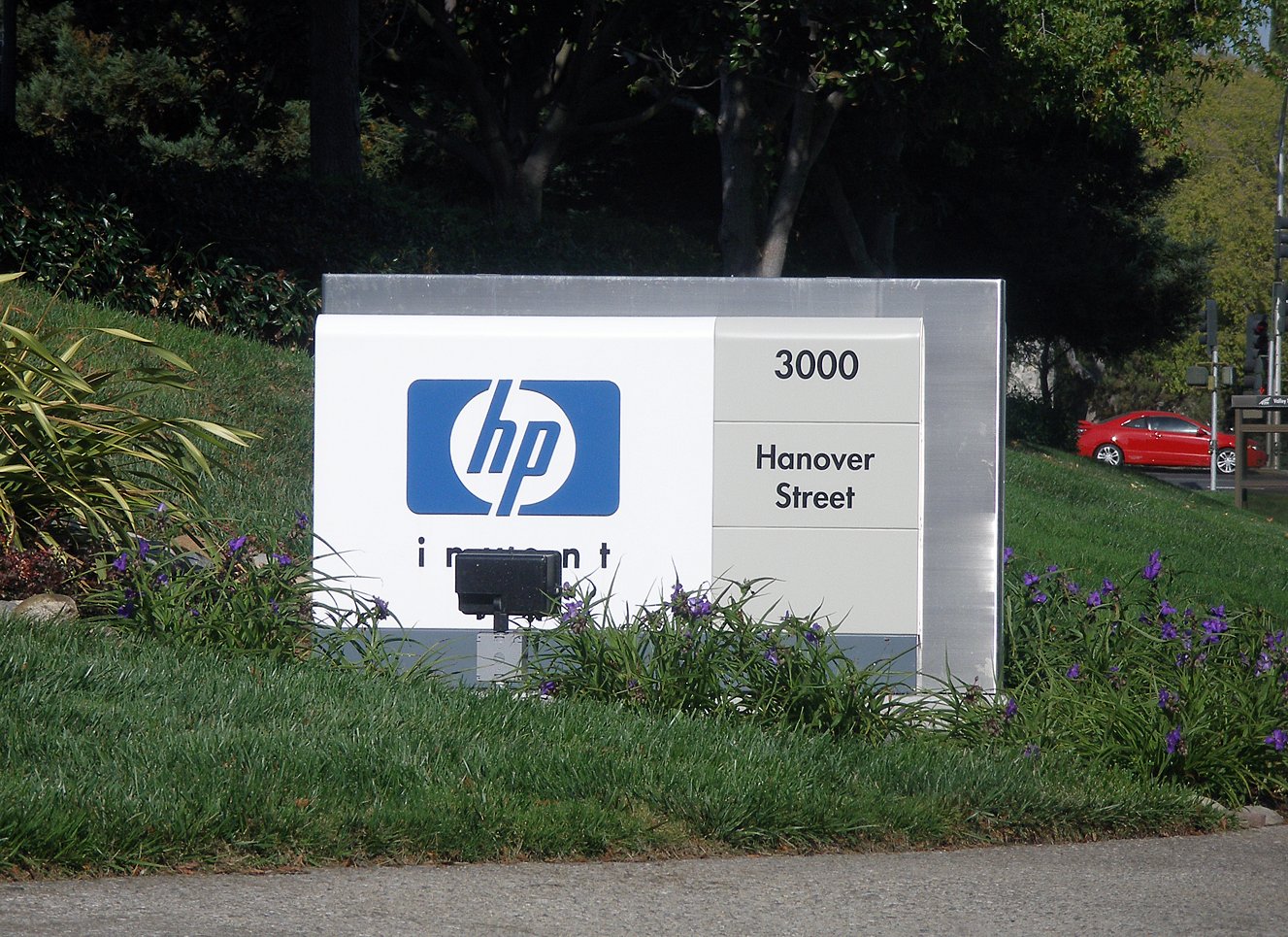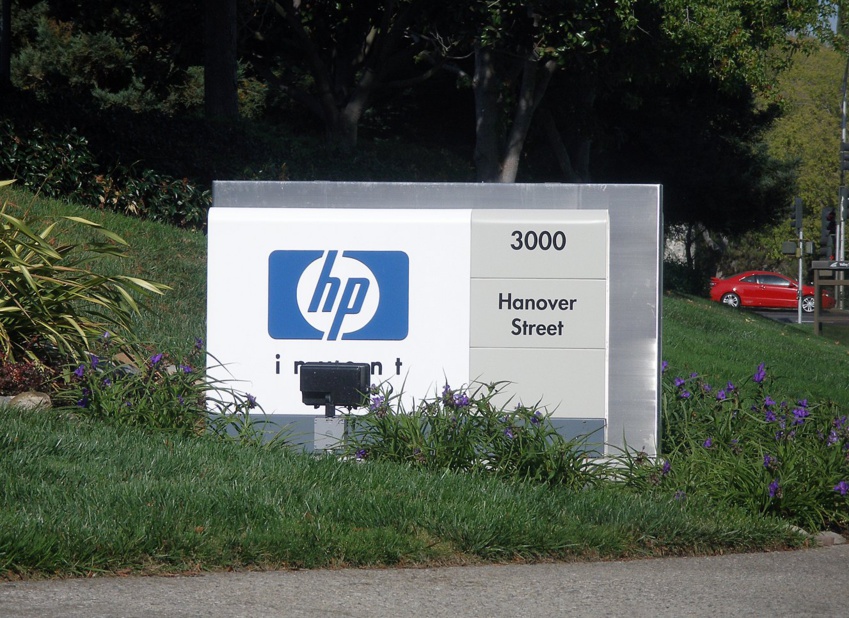While the need for a sustainable future is increasingly an urgent priority for corporations, with regulators, investors, board members and consumers demanding more sustainable ways of doing business, unfortunately doing so is not always in the hands of companies: they are not in sole control of whether they achieve their sustainability goals.
Suppliers play a significant critical role in meeting a company’s environmental, social and governance (ESG) goals, in ways that many procurement specialists, IT decision makers and even some C-suite leaders may be overlooking.
IT companies who can bridge this gap have a responsibility and an opportunity to deepen their relationships with customers and turn a customized solution into something much bigger and better; time however is of the essence.
A recent report from McKinsey showed how businesses can play a critical role in the global transition to net-zero. The report’s authors opine that in the B2B space, companies that act early will have a long-term advantage because “customer relationships are difficult to undo.”
What this means for IT partners and salespeople is that they will need to deepen the core of B2B relationship, explore new forms through educations since doing so enables enjoying the full benefits from the opportunities and are essential to the well being of our planet.
Helping customers understand the benefits and impacts of IT on their sustainability efforts
Sustainability is an ocean onto itself and it is very difficult for one person to master every aspect of it. Similarly, while organizations feel the urgency to address it in their operations, there is no ready-made template for achieving sustainability goals.
For example, a member of the C-suite may be more likely to prioritize sustainability than someone working in tech procurement, a function that historically has focused on cost and other factors above all.
For IT vendors, on education that deepens collaboration is key. If sustainability isn’t on your customer contact’s radar, you need to ensure that it is in fact there. Even if your contacts are already focused on pursuing sustainability goals, it’s critical to let them know the specific ways you can help them reduce their carbon emissions, reduce wasteful packaging, and contribute to a more circular economy.
When we look at the rapid growth of IT services worldwide - a market that is expected to touch $1.3 trillion in 2022, the conversation is not just about companies becoming more agile and scalabile in deploying technology.
Services are a critical part of sustainability transformation. HP’s service offerings have been shown to reduce GHG emissions, improve resource efficiency, and decrease ecosystem impact.
Sustainability as a service
With technology continuing to advance and with rising customer expectations from IT solutions, vendors must increasingly provide solutions rather than just products. The deepening of the relationships requires closer communication such that vendors fully grasp a customer’s requirements, so that they can anticipate their future needs.
By increasingly the alignment with customers on sustainability opens up a whole new range of services which can be served by IT vendors.
Case in point: While customers always appreciate an employer offering cutting-edge technological solutions, by doing so in a sustainable manner, the IT vendor can boost satisfaction levels in increasingly meaningful ways. According to a recent study, a quarter of job seekers refuse a job if a company lack support for climate action. According to 70% of respondents, they would quit a job at a company which fails to implement sustainable business practices.
The benefits of these partnerships also accrue for the IT industry as well. Once sustainability is woven into the very fabric of business, it becomes the essence and creates a whole range of opportunities waiting to be tapped; it generates more value that can be offered to customers, and society, in perpetuity.
Suppliers play a significant critical role in meeting a company’s environmental, social and governance (ESG) goals, in ways that many procurement specialists, IT decision makers and even some C-suite leaders may be overlooking.
IT companies who can bridge this gap have a responsibility and an opportunity to deepen their relationships with customers and turn a customized solution into something much bigger and better; time however is of the essence.
A recent report from McKinsey showed how businesses can play a critical role in the global transition to net-zero. The report’s authors opine that in the B2B space, companies that act early will have a long-term advantage because “customer relationships are difficult to undo.”
What this means for IT partners and salespeople is that they will need to deepen the core of B2B relationship, explore new forms through educations since doing so enables enjoying the full benefits from the opportunities and are essential to the well being of our planet.
Helping customers understand the benefits and impacts of IT on their sustainability efforts
Sustainability is an ocean onto itself and it is very difficult for one person to master every aspect of it. Similarly, while organizations feel the urgency to address it in their operations, there is no ready-made template for achieving sustainability goals.
For example, a member of the C-suite may be more likely to prioritize sustainability than someone working in tech procurement, a function that historically has focused on cost and other factors above all.
For IT vendors, on education that deepens collaboration is key. If sustainability isn’t on your customer contact’s radar, you need to ensure that it is in fact there. Even if your contacts are already focused on pursuing sustainability goals, it’s critical to let them know the specific ways you can help them reduce their carbon emissions, reduce wasteful packaging, and contribute to a more circular economy.
When we look at the rapid growth of IT services worldwide - a market that is expected to touch $1.3 trillion in 2022, the conversation is not just about companies becoming more agile and scalabile in deploying technology.
Services are a critical part of sustainability transformation. HP’s service offerings have been shown to reduce GHG emissions, improve resource efficiency, and decrease ecosystem impact.
Sustainability as a service
With technology continuing to advance and with rising customer expectations from IT solutions, vendors must increasingly provide solutions rather than just products. The deepening of the relationships requires closer communication such that vendors fully grasp a customer’s requirements, so that they can anticipate their future needs.
By increasingly the alignment with customers on sustainability opens up a whole new range of services which can be served by IT vendors.
Case in point: While customers always appreciate an employer offering cutting-edge technological solutions, by doing so in a sustainable manner, the IT vendor can boost satisfaction levels in increasingly meaningful ways. According to a recent study, a quarter of job seekers refuse a job if a company lack support for climate action. According to 70% of respondents, they would quit a job at a company which fails to implement sustainable business practices.
The benefits of these partnerships also accrue for the IT industry as well. Once sustainability is woven into the very fabric of business, it becomes the essence and creates a whole range of opportunities waiting to be tapped; it generates more value that can be offered to customers, and society, in perpetuity.


 Sustainability as a service boosts revenue sources
Sustainability as a service boosts revenue sources





 Companies
Companies